Disgruntled citizens rally as No Asphalt meeting is postponed
October 13, 2016
Stonewalled Westford residents rallied outside Stony Brook Middle School after the planned meeting about the asphalt plant was canceled due to exceeding the school auditorium’s capacity. The citizens shared their grievances with one another as Planning Board member Matt Lewin gave a speech explaining his perspective.
According to Lewin, the Planning Board was against the asphalt plant from the beginning. Initially, it refused to approve the usage of the plot, but the state Land Court was allowed to reinterpret Westford bylaws regarding “light manufacturing” zoning—which the prospective plant’s 540 Groton Road plot is zoned as—to allow the plant to be built. The Planning Board struck down this decision and denied Newport Materials a building permit. The very same judge that reinterpreted the bylaws ruled that the Board could not deny the permit.
“I would never in a million years vote to put an asphalt plant in this town. It makes no sense. It defies common sense,” said Lewin, emphasizing the Board’s alignment with the interests of Westford residents.
After the long battle with the same Land Court judge, the Planning Board realized that the chance of the town winning an appeal was slim, and entered settlement negotiations with Newport Materials.
“It’s the best really [expletive] deal we could get,” said Lewin.
However, the town has come under fire for making the decision to settle without holding a public meeting—a decision that may be in violation of Massachusetts state law, and one that has certainly filled the hearts of the populace with indignation.
According to Open Meeting Law, M.G.L. c. 30A, §§ 20,
“Except as provided in section 21, all meetings of a public body shall be open to the public […] except in an emergency, a public body shall post notice of every meeting at least 48 hours prior to such meeting, excluding Saturdays, Sundays and legal holidays. In an emergency, a public body shall post notice as soon as reasonably possible prior to such meeting […] for meetings of a local public body, notice shall be filed with the municipal clerk and posted in a manner conspicuously visible to the public at all hours in or on the municipal building in which the clerk’s office is located.”
The Westford Planning Board allegedly failed to post notice of the meeting where they voted to settle with Newport Materials. Several town residents, such as Sunny Kay, advocate reporting this.
“I would urge everyone in this group not to like a Facebook post unless they have:
1. Sent an email to the Westford Board of Selectman Chairwoman Kelly Ross & Town Manager Jodi Ross asking for explanations of why we were not involved prior to the settlement.
2. Filed the Open Meeting Law violation with the Town (AG’s office is after 30 days).
Action is more important than liking a Facebook post,” writes Kay in a post to the ‘Westford Clean Air’ Facebook group.
In addition to demanding the issue be voted on, many in attendance believed there was an environment double standard in the approval of the plant.
“I can’t put up a fence, and I know someone who can’t put up a shed, and another person who can’t take down a tree, all because it could disrupt the salamanders living there. We all live less than a mile away from the asphalt plant, and the salamanders don’t seem to be causing any problems for them at all,” said a concerned citizen.
Chelmsford attorney Larry Sweeney gave his legal input on the case, making the argument that the town should appeal the ruling.
“[The plant] is not light manufacturing. I think that an appellate court is going to have some common sense about the issue,” said Sweeney.
Sweeney advised that the Land Court judge was within his rights to do what he did, but the edits the judge made to the town’s definition of light manufacturing would likely not hold up to scrutiny; the appellate court would be made up of a panel of different judges, rather than one who specialized in Land Court.

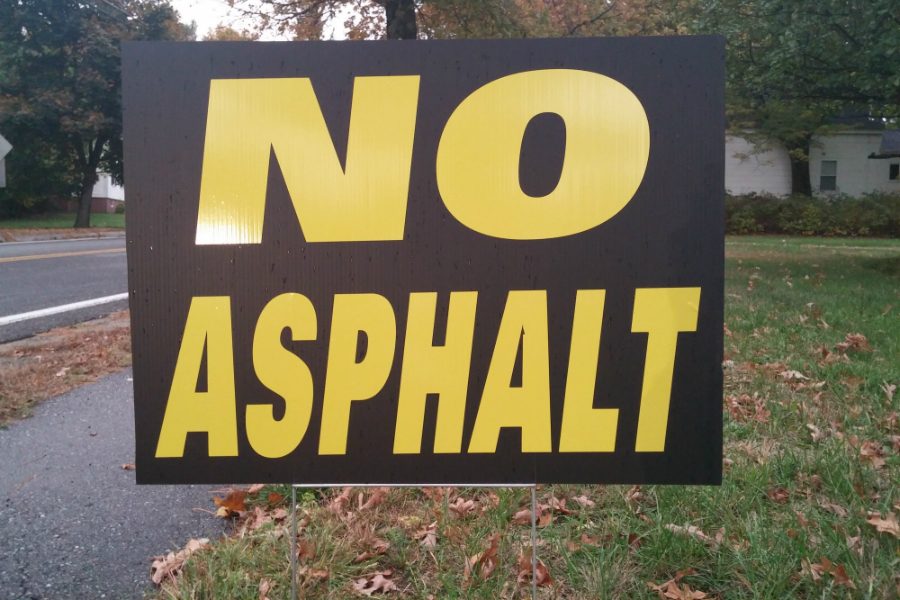




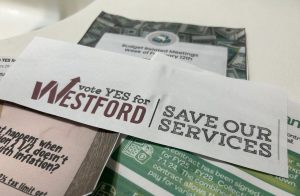

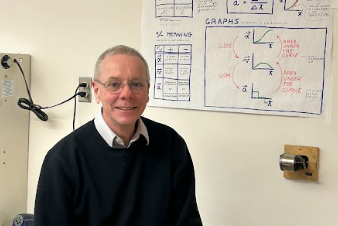

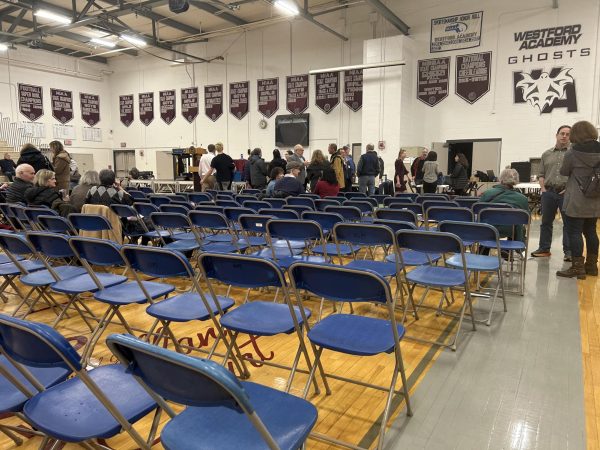


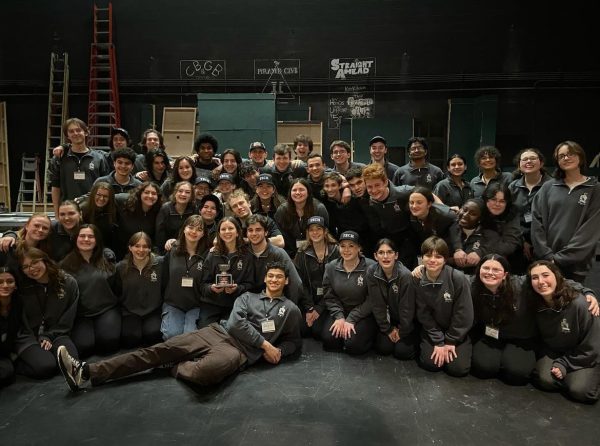
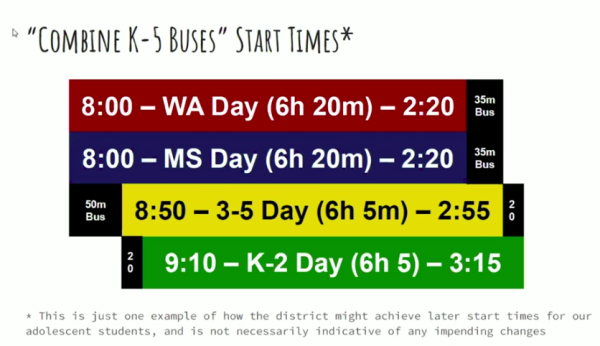
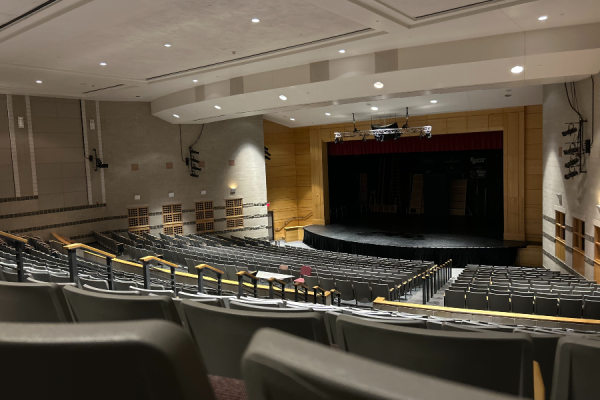
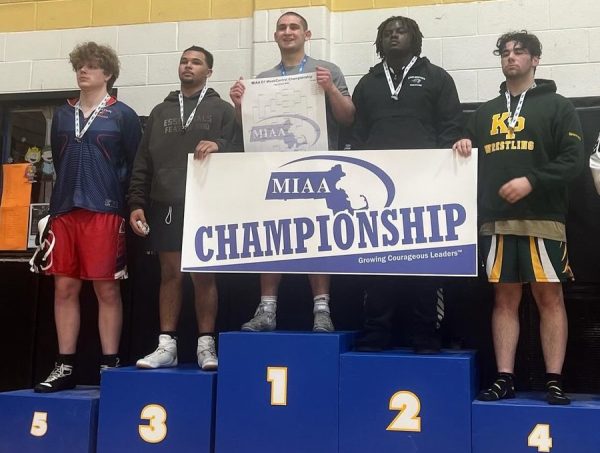

Harish Kapali • Nov 4, 2016 at 9:33 am
We have two young children and their school is just a mile from the proposed asphalt plant. We do not want the plan anywhere near Westford. The reason we paid such a high price to buy a house here is because we wanted a safe neighborhood for our children. I am all against the asphalt plant in Westford
Barbara P. Renison • Oct 16, 2016 at 4:45 am
An Asphalt plant cannot be considered “light manufacturing” under any imagination. I am amazed and disappointed in the decision. I can understand why the town, feeling that they would lose the appeal, then did the best they could do and entered into negotiations for the best interest of the town. HOWEVER THRE MUST BE SOMEWHERE THAT THIS COULD BE APPEALED.
#1…this is not light manufacturing
#2…Air pollution, with possibilities of health problems as result
#3… Excessive truck traffic on Groton Road and nearby roads, conflicting with school bus traffic for one
thing.
#4…Noise factor for neighbors
#5…ETC, ETC.
THIS IS NOT BENEFICIAL AND BUT INSTEAD IS A HAZARD TO THE TOWN.. THE OWNERS OF THE COMPANY ARE WILLING TO SPEND MILLIONS TO FORCE IT THROUGH…..LET EVERYONE IN WESTFORD ARISE AND FIGHT THIS INVASION. REMEMBER THE MARKET BASKET FIGHT….AND THE LITTLE PEOPLE WON!!!!!!!!
LETS GET BEHIND THIS AND SAVE WESTFORD !!!!!!!!